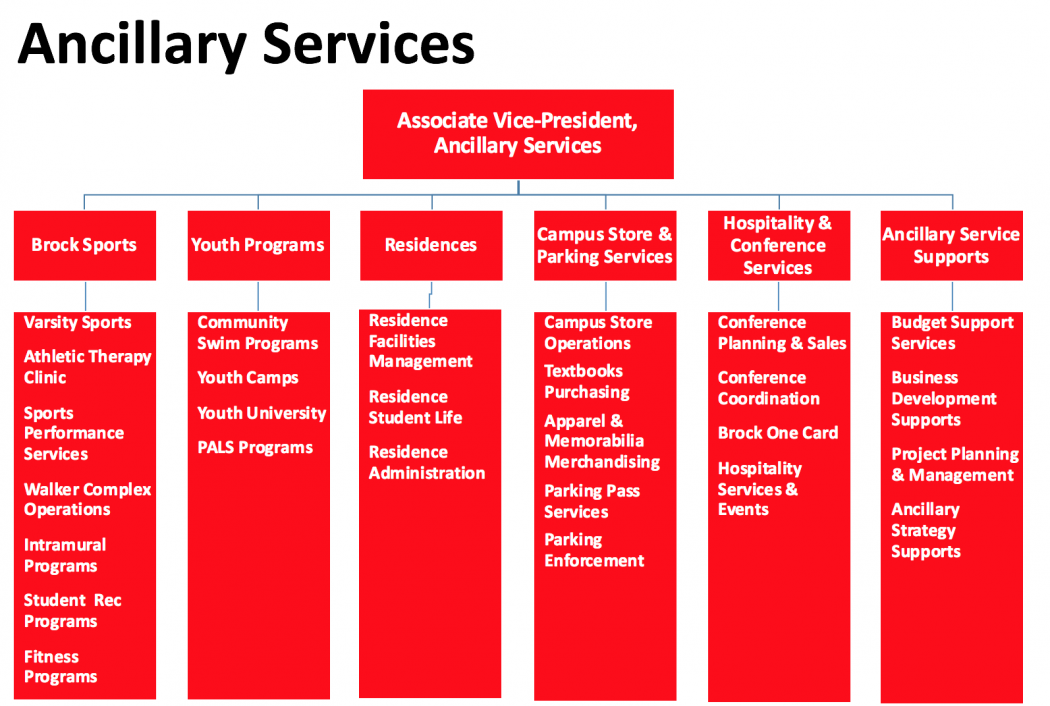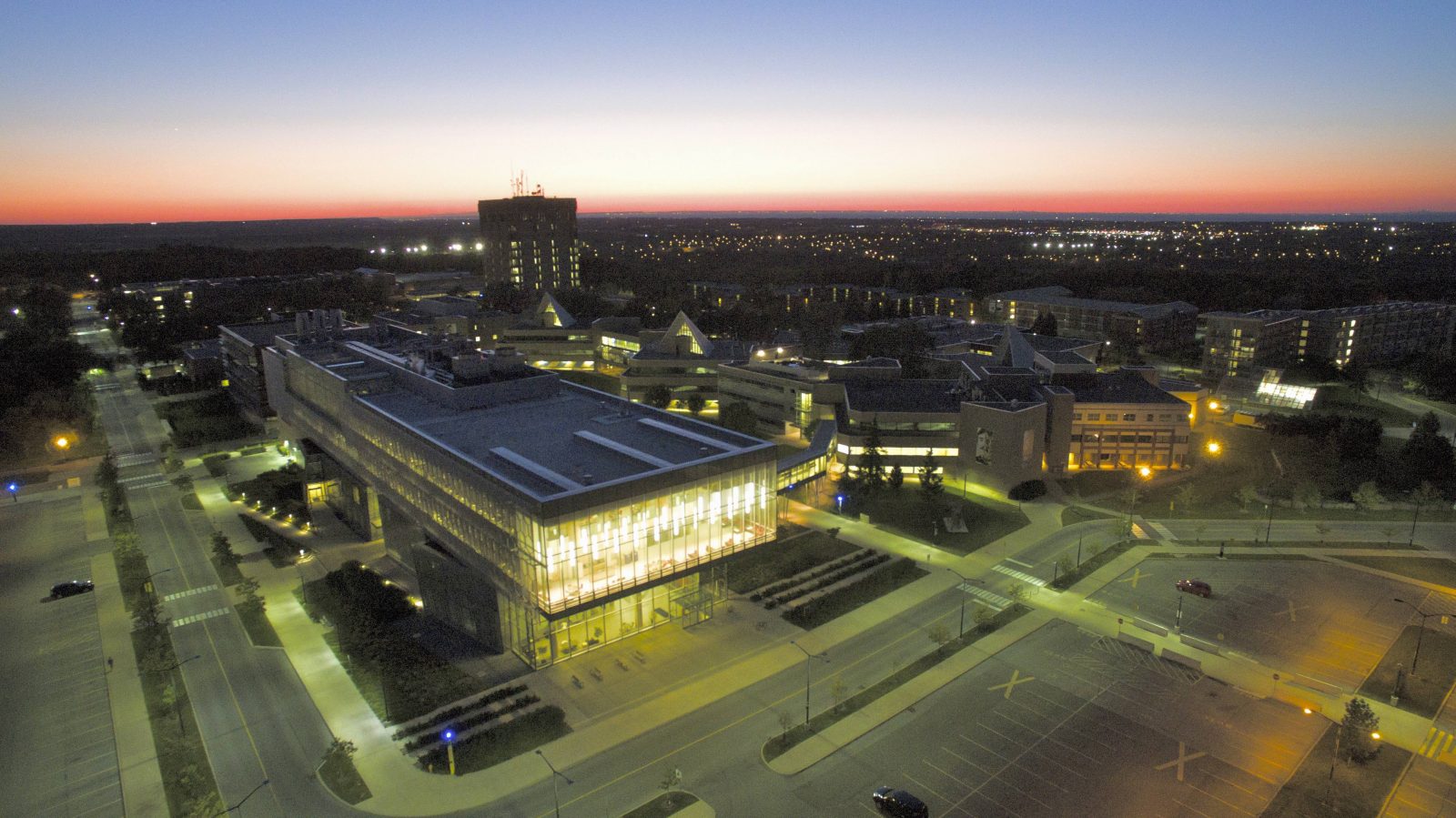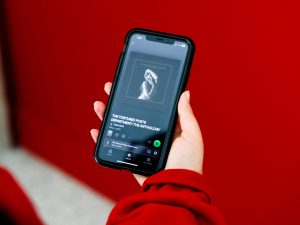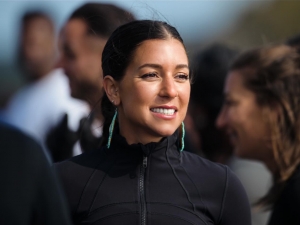The University announced today it is updating the way it organizes and delivers a wide range of support, business-oriented and service-based departments, from Residences and Food Services to Parking, Brock Sports, Youth Programs, the Campus Store and Printing Services.
Besides creating a more efficient reporting structure, the changes will also see the move of several senior Brock administrators into new roles.
The new look, to be phased in over the first half of April, is the latest of several updates the University has undertaken in the past two years to reorganize how it staffs and delivers a wide range of student and administrative services.
In this latest move, the most visible result is a new division called Ancillary Services, which is comprised of Residences; Brock Sports; Recreation & Youth Programs; Hospitality & Conference Services; Campus Store & Parking Services; and Ancillary Service Supports. It will be headed by Bryan Boles, who has been Brock’s Associate Vice-President of Finance but now moves to the newly-created position of Associate Vice-President, Ancillary Services.
Replacing Boles as AVP Finance in an interim capacity will be Josh Tonnos, who has been Brock’s Director of Accounting and Treasury for the past three years.
Tom Arkell, who has been Associate Vice-President of University Services, moves to the new role of Special Advisor to the Vice-President Administration. A major task of this portfolio will be helping to manage the 2021 Canada Games, which will be held in Niagara. Arkell will also assist administratively with Rodman Hall and its transition to sustainability, working with partners at Brock and in the surrounding community.
Other realignments include shifting Printing Services into the Marketing & Communications team, and having Shipping, Receiving & Mail rejoin the Procurement team in Finance.
Brian Hutchings, Vice-President of Administration, said Brock is continuing in its efforts to modernize a complex network of services into a delivery model that is nimble, intuitive and reflects how people use and access services in the 21st century.
“This continuing evolution of our operations will make the University stronger and better positioned to respond as new challenges and opportunities arise,” said Hutchings.










